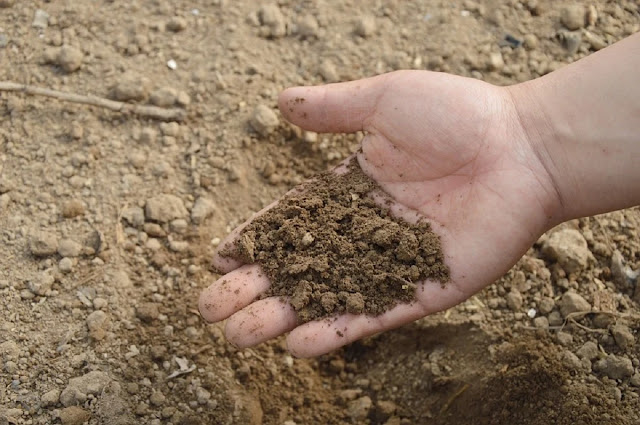Compost Producing Secrets
 |
| Source: pixabay.com |
Is making compost to strengthen your soil one of the key responsibilities in your yard? More and more people are coming to see the importance of returning goodness to the earth by composting. In this series of brief posts, we propose ideas that we hope will help make your compost pile more productive.
- A composting tumbler might make your life easier. Tip in your chopped-up or shredded shrub clippings and grass from the lawnmower and turn it to stir them up together. Periodically, maybe when adding some kitchen scraps, give it a few turns to remix, and soon you’ll have some great compost.
- A lot of the scraps from your kitchen could be going to feed the plants in your garden instead of going into the garbage. Potato peelings, bits of carrot, leaves of cabbage, eggshells, and teabags come immediately to mind, although it is important to keep waste meat and fats separate. If you don’t already do it, why not start to recycle your kitchen waste to make nutrient-rich compost?
- Garden compost contains nutrients and helps to feed your plants. In this respect, it is different from leaf mold. However, it does not contain necessary nourishing elements to the same extent as a fertilizer. Although it provides some nutrients its principal value is as a soil conditioner. On sandy soils especially, which are substantially inorganic, it is a valuable source of organic material and will help moisture retention.
- Most garden supply centers sell composting activators but if you have an adequate supply of green material you shouldn’t need these. The proportions of green and brown don’t have to be rigidly fixed but in general, if somewhere between a quarter and a half of the mix is green you should find that it composts well.
Those are my own tips for today, but there’s more below.
In the past few days, I came across a useful article about the widespread opinion that garden composting attracts vermin such as rats.
“Some people worry that having a compost bin could attract rats. However, this is not the case. There are many reasons why rats may be already in the vicinity of your garden. For example if you live near water, farm land/open countryside or derelict buildings … A rat is only likely to seek out a compost bin in the garden if incorrect waste items have been composted, making the bin a source of food as well as a shelter.”
There’s a lot more useful information in that article.
As we post more and more tips for the compost pile we’re far from running out of content. There’s much more to come. Approaches and techniques, plus a choice of equipment, will take up more space as we proceed but in the early weeks, we’ve been stressing the basics.
Advanced composting installations are not to be ignored but we do need to remember that gardeners have been making compost for countless generations without the help of the clever mechanical gadgets that are so popular today. So, to our new tips:
- A compost pile calls for regular turning and mixing to produce an evenly rotted heap of quality compost. Why not make your life somewhat easier by using a composting tumbler. It will mix the composting blend as it turns.
- Some lawn care treatments should not be allowed to reach the compost heap. Make sure that you read the instructions for their use very carefully and don’t use clippings from the mower as composting material until it is safe to do so.
- Are you systematic about your composting? Do you have a routine of shredding the prunings from your shrubs and adding them to the compost pile? What about the grass clippings from your mower? Is your kitchen waste collected in a kitchen compost pail? All of this, if done in an orderly and repetitive manner will give you a good supply of excellent compost.
- It is possible to get very "scientific" about the ratio of different materials in a composting mixture, but it isn’t essential to be precise.
Post a Comment for "Compost Producing Secrets"